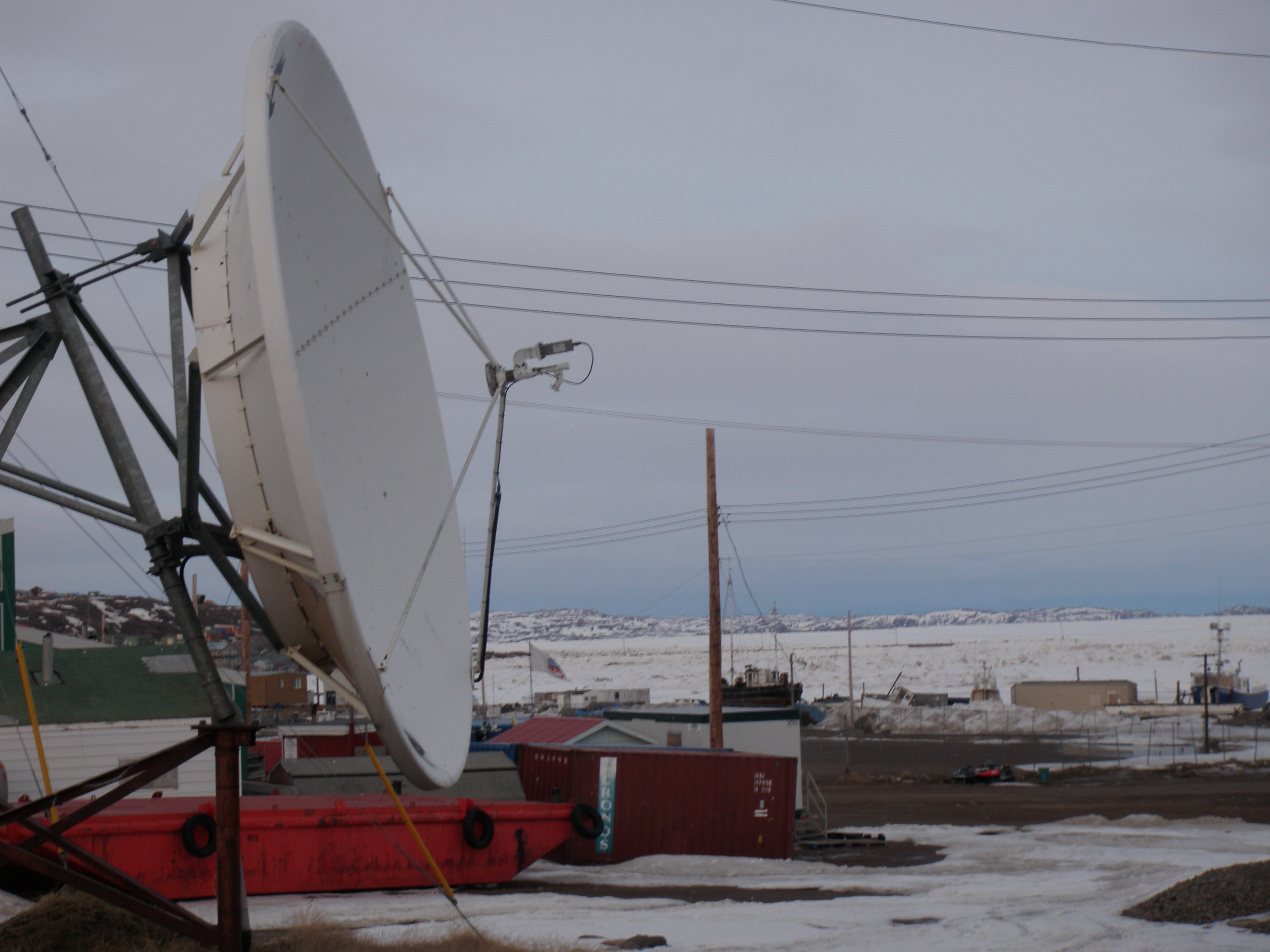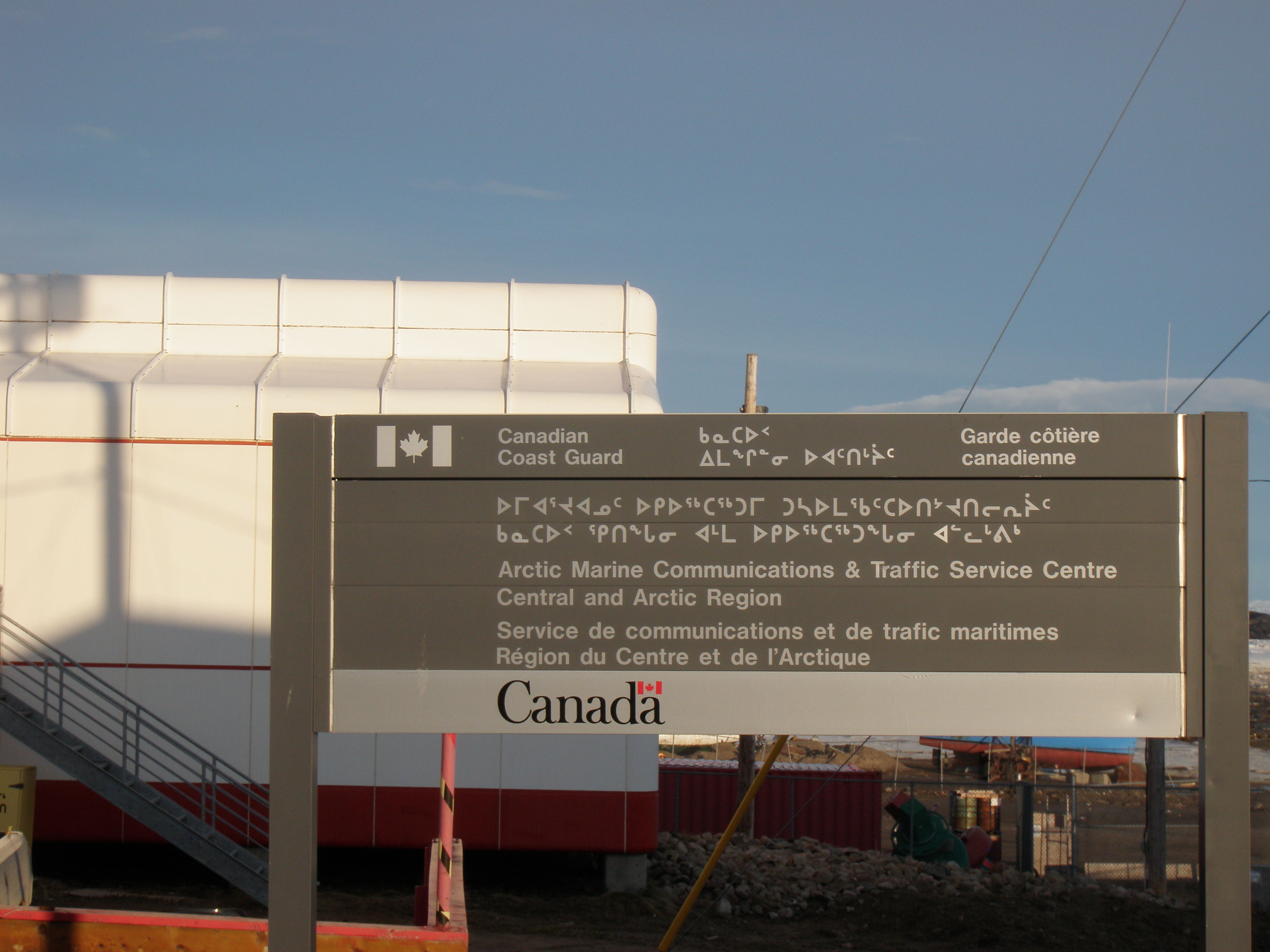Canada should discourage Arctic NATO operations, experts say

Despite concern over some of Russia’s actions elsewhere, Canadians don’t need to be worried about Russian militarization in the Arctic—and shouldn’t seek to ramp up NATO operations there.
That’s the message two academics conveyed at a committee meeting held in Ottawa last week.
At a meeting in Canada’s House of Commons, University of British Columbia’s Michael Byers and University of Manitoba’s Andrea Charron spoke of the increasing importance of Canada’s participation in the North Atlantic Treaty Organization as relations between Russia and the West deteriorate due to differences over aggression in Ukraine and “credible evidence of widespread intervention” by Russia in western elections.
But the Canadian Arctic should not be the focus of NATO’s attention they argued.
“We need to recognize that the world is a complex place and there are dangerous places that need our attention, and the Canadian Arctic really isn’t one of those,” said Byers, agreeing with Charron’s advice that NATO participation in Canada’s Arctic should be discouraged, and that the North American Aerospace Defense Command (NORAD) should remain the organization tasked with defending North American Arctic territory.
When it comes to the Arctic, Canada and Russia have collaborated on Arctic Council projects and in areas such as search and rescue, said the witnesses at the meeting.
“We have seen quite a few agreements come out of the Arctic Council that have made cooperation the modus operandi in the Arctic.”
On the other hand, NATO exercises “right on the doorstep of Russia” could threaten this cooperation, said Charron.
Byers and Charron both said they believe NATO resources are best spent in what’s known as the Greenland-Iceland-UK gap in the North Atlantic Ocean, where Russian submarines are active but where NATO anti-sub capacity has shrunk in the decades following the end of the Cold War.

Military investments in the Arctic are still necessary, said Byers, but “we need to be smart.” He wants see Canada’s space agency launch up to six satellites as part of the RADARSAT Constellation satellite program and he’d bring the Space Agency’s Polar and Communications Weather mission back to the discussion table.
Byers would also like to see the Department of Defense “partnering with northern communities, partnering with northern governments and recapitalizing the Canadian coast guard icebreaking fleet.”
Ottawa expects delivery of its Offshore Arctic Patrol Vessels to begin in 2018, but Byers says that they are not icebreakers and can’t do the job of icebreakers to “fulfill a lot of roles including that constabulary function that will be all important as the Canadian Arctic opens up due to the melting of sea ice and climate change.”